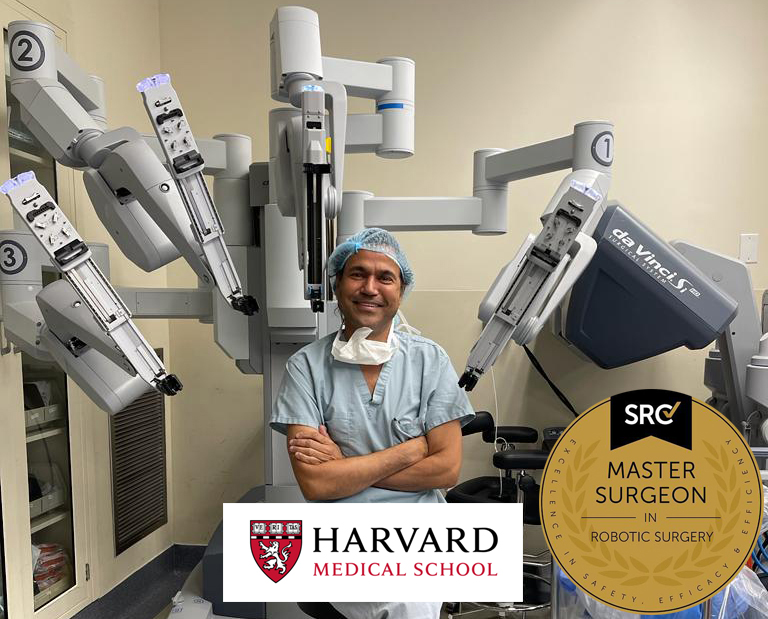Proctalgia and Endometriosis
Proctalgia and endometriosis are separate medical conditions involving rectal pain, with proctalgia characterized by recurrent rectal pain caused by muscle spasms and endometriosis involving the growth of endometrial tissue outside the uterus, potentially affecting the rectal area.
Proctalgia and endometriosis are two distinct medical conditions that affect different areas of the body. Let’s discuss each of them separately:
Proctalgia
Proctalgia, also known as levator ani syndrome, is a condition characterized by recurrent episodes of rectal pain or discomfort. The exact cause of proctalgia is unknown, but it is believed to be related to muscle spasms in the pelvic floor, specifically involving the levator ani muscles. Symptoms may include sharp or cramping pain in the rectum or anus, which can last for several minutes or even hours.
The diagnosis of proctalgia is usually made based on the characteristic symptoms and the exclusion of other possible causes of rectal pain through a medical evaluation. Treatment options for proctalgia focus on relieving symptoms and managing pain during episodes. This may include techniques such as warm baths, relaxation exercises, pain medications, and occasionally muscle relaxants. In severe cases, biofeedback therapy or injections of botulinum toxin into the pelvic floor muscles may be considered.
Proctalgia Fugax
Proctalgia fugax is a relatively common condition characterized by sudden, sharp rectal pain that occurs spontaneously and lasts for a short duration. The term “fugax” comes from the Latin word meaning “fleeting,” which accurately describes the nature of the pain experienced. These episodes of pain can occur at any time, often during the night or early morning, and typically last for a few seconds to a few minutes before subsiding on their own.
It is important to note that in some cases, individuals with endometriosis may also experience symptoms of proctalgia fugax. This could be due to the proximity of endometrial implants to the rectal area, which may cause referred pain or irritation in the rectum. Additionally, endometriosis can involve the infiltration of nerves in the pelvic region, which could contribute to heightened sensitivity and pain sensations.
What Triggers Proctalgia Fugax?
Proctalgia fugax episodes can be triggered by various factors, although the exact cause of the condition is not fully understood. Some common triggers reported by individuals with proctalgia fugax include:
- Muscle spasms: Proctalgia fugax is thought to be caused by spasms of the muscles in the rectal area or pelvic floor. These spasms can be triggered by factors such as muscle tension, overexertion, or straining during bowel movements.
- Stress and anxiety: Emotional stress and anxiety have been known to trigger or exacerbate episodes of proctalgia fugax. Managing stress levels through relaxation techniques or stress-reducing activities may help alleviate symptoms.
- Certain foods and drinks: Some individuals report that certain foods or beverages can trigger episodes of proctalgia fugax. Common triggers include spicy foods, caffeine, alcohol, and carbonated drinks. It can be helpful to keep a food diary to identify any specific triggers in your own case.
- Sitting or postural factors: Prolonged sitting, particularly on hard surfaces, or maintaining certain positions for an extended period may contribute to the occurrence of proctalgia fugax episodes in some individuals. Changing positions regularly and using cushioning or ergonomic support may help prevent or minimize symptoms.
- Hormonal fluctuations: While not well-established, some individuals report that hormonal changes during the menstrual cycle can influence the frequency or intensity of proctalgia fugax episodes. Further research is needed to fully understand this relationship.
It’s important to note that triggers can vary from person to person, and not everyone will have identifiable triggers for their proctalgia fugax episodes. Keeping track of your symptoms and potential triggers can be helpful in managing the condition and discussing it with your healthcare provider.
Endometriosis
Endometriosis is a chronic condition in which tissue similar to the lining of the uterus, called the endometrium, grows outside the uterus. This tissue can implant and grow on various structures within the pelvis, such as the ovaries, fallopian tubes, outer surface of the uterus, and other pelvic organs. Endometriosis is a hormone-dependent condition, meaning it is influenced by the menstrual cycle.
Common symptoms of endometriosis include pelvic pain, painful menstrual periods, pain during sexual intercourse, and infertility. In some cases, endometriosis can also affect the bowel and cause symptoms such as painful bowel movements, diarrhea, constipation, or rectal pain.
The diagnosis of endometriosis often requires a combination of medical history, pelvic examination, imaging studies (such as ultrasound), and sometimes a surgical procedure called laparoscopy to visualize and confirm the presence of endometrial tissue outside the uterus. Treatment options for endometriosis may include pain medication, hormonal therapies (such as birth control pills or gonadotropin-releasing hormone agonists), and in severe cases, surgery to remove the endometrial implants.
While proctalgia and endometriosis can both involve symptoms related to the rectal area, they have different underlying causes and require distinct approaches to diagnosis and management. If you are experiencing any symptoms or concerns, it is important to consult with a healthcare professional for an accurate evaluation and appropriate treatment recommendations.
Similarities of Proctalgia and Endometriosis
Proctalgia and endometriosis are two distinct medical conditions, and their similarities are limited. However, they both involve symptoms that can affect the rectal area. Here are a few general similarities:
Rectal pain: Both proctalgia and endometriosis can cause pain in or around the rectum. In proctalgia, the pain is typically brief and episodic, while in endometriosis, the pain can be chronic and associated with the menstrual cycle.
Impact on quality of life: Both conditions can significantly impact a person’s quality of life. The pain experienced in the rectal area can cause discomfort, interfere with daily activities, and affect emotional well-being.
Diagnostic challenges: Both proctalgia and endometriosis can be challenging to diagnose accurately. Proctalgia fugax, in particular, is a diagnosis of exclusion, meaning other potential causes of rectal pain must be ruled out. Similarly, endometriosis often requires a combination of clinical evaluation, imaging studies, and, in some cases, surgical intervention (laparoscopy) to confirm the presence of endometrial tissue outside the uterus.
Potential overlap: In some cases, individuals with endometriosis may experience symptoms similar to proctalgia fugax, where they may have episodes of rectal pain unrelated to their endometrial implants. However, this overlap is not universal and does not imply a direct causal relationship between the two conditions.

Image by diana.grytsku on Freepik
- New York Gynecology Endometriosis
- Contact Info:
-
375 E. Main Street,
Suite 7, Bay Shore,
NY 11706 - (631) 533-9733
Pankaj Singhal, MD, MS, MHCM
Master Surgeon in Robotic Surgery
Dr. Pankaj Singhal, a globally recognized endometriosis surgeon, possesses over 25 years of expertise in laparoscopic excision surgery, enabling him to tackle even the most challenging endometriosis cases with confidence. Dr. Pankaj treats patients with diverse endometriosis-related conditions, ranging from ovarian endometriomas to severe deep infiltrating endometriosis that affects the bowels and other organs.
Dr. Pankaj prioritizes minimally invasive surgery and provides comprehensive personal care. Additionally, he is the owner and founder of New York Gynecology and Endometriosis (NYGE), and has dedicated his life to advocating for, respecting, and treating women suffering from this little-known disease. He is one of the few surgeons in the entire United States who have completed over 5,718 robot-assisted gynecologic surgeries.

We Accept Most Major Insurance Plans
Convenient Billing Options for Comprehensive Coverage.
Surgeries are typically covered by health insurance. However, the extent of coverage can vary depending on the specific insurance plan and policy. Some insurance plans may cover a broad range of surgical procedures, including both elective and necessary surgeries, while others may have limitations or exclusions for certain procedures.
In some cases, certain insurance plans or programs may fully cover the cost of surgery, leaving the patient with no financial responsibility.
Request an Appointment with
New York Gynecology Endometriosis
"*" indicates required fields
